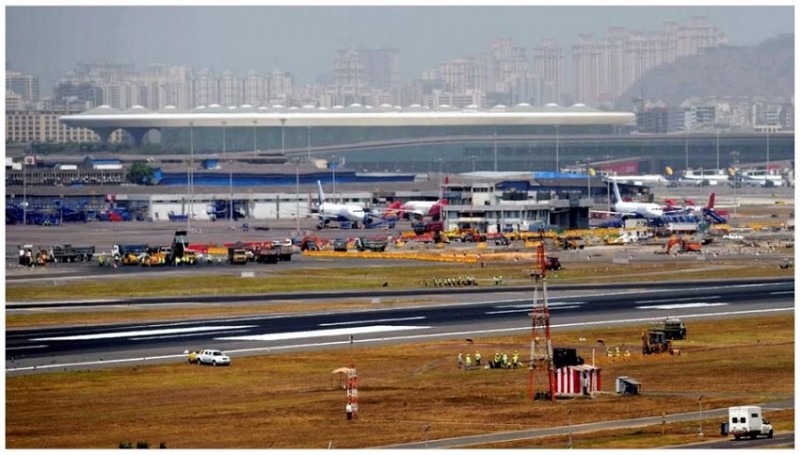
MUMBAI: To tackle congestion issues and ensure smoother departures, the government has directed Mumbai Airport to slash scheduled flights and limit business jet movements during peak hours. This decision is anticipated to affect approximately 40 flights and disrupt the operations of private jets commonly used by leading business entities in the country.
The Airport Authority of India (AAI), which oversees air navigation services, has instructed the airport to reduce aircraft movement from 46 to 44 during busy periods and from 44 to 42 during off-peak times.
IndiGo is set to bear the brunt of these directives, with 18 of its flights facing cuts, followed by the Air India group, including Vistara, which will need to reduce 17 flights, sources familiar with the matter revealed.
Extended Curfew for Business Jets Sparks Corporate Backlash
In tandem with the flight reductions, the curfew on business jet operations has been extended from four to eight hours. This move has drawn protests from major corporate players such as Reliance Industries, JSW, and the Mahindra group.
Mumbai International Airport Limited (MIAL), owned by the Adani group, refrained from commenting on the matter.
These decisions come in the wake of Civil Aviation Minister Jyotiraditya Scindia expressing concerns over the airport's declining on-time departure performance.
Senior air traffic controllers attribute delays primarily to airlines overscheduling flights amid a surge in demand for air travel. Government officials underscored that factors like infrastructure availability and unscheduled movements, including those of government and business aircraft, also contribute to delays.
Impact on Aviation Operations
Rajesh Bali, Managing Director of the Business Aircraft Operator Association, highlighted that additional restrictions on business jets would significantly hinder business aviation operations, impacting Mumbai's status as the nation's commercial hub.
Airline network planners cautioned that sudden flight cancellations would pose challenges in reallocating aircraft, leading to financial losses. They also anticipate considerable compensation payouts to affected passengers.
The government's decision underscores the broader challenges faced by airports nationwide due to increased air traffic following the COVID-19 pandemic. The Bureau of Civil Aviation Security (BCAS) has mandated that any increase in flights must consider the passenger-handling capacity at security checkpoints, setting standards for the maximum number of passengers processed per hour by X-ray machines on both domestic and international fronts.
Jewar airport ready for takeoff by the End of 2024, says Jyotiraditya Scindia
PM Modi inaugurates developmental projects worth Rs 11,600 crore in Assam